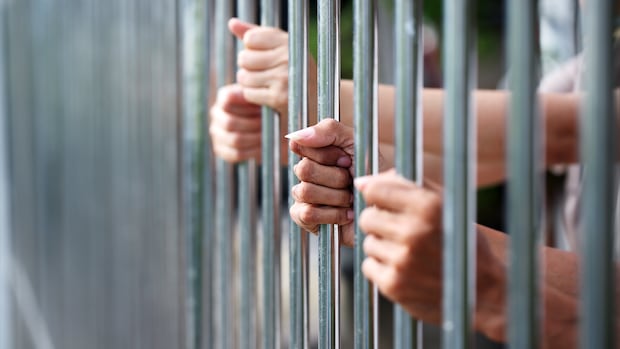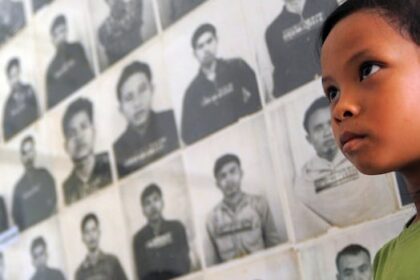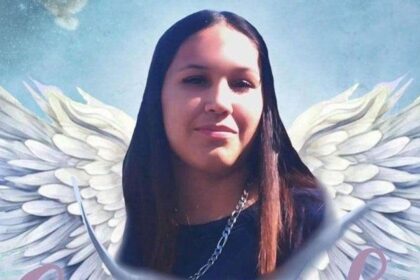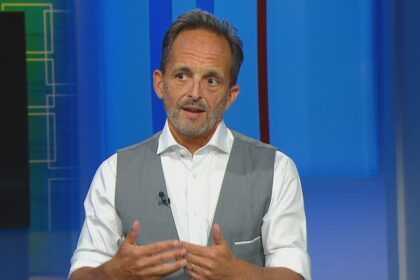ManitobaThe head of Legal Aid Manitoba is urging caution as the federal government proposes changes that will make it harder for some people to get bail.Canada, Manitoba justice ministers tout move to punish attacks on first respondersCBC News · Posted: Oct 28, 2025 2:13 PM EDT | Last Updated: 3 hours agoListen to this articleEstimated 3 minutesProposed changes that would make it harder for some people to get bail may hurt marginalized communities and lead more people to plead guilty to get out of custody, the head of Legal Aid Manitoba says. (Sakhorn/Shutterstock)The head of Legal Aid Manitoba is urging caution as the federal government proposes changes that would make it harder for some people to get bail.The new legislation, Bill C-14, makes dozens of targeted changes to the bail and sentencing framework in the federal Criminal Code, something victims’ rights advocates, police unions and some provincial premiers have been demanding.But Peter Kingsley, executive director of Legal Aid Manitoba, argues any accused person is innocent until proven guilty beyond a reasonable doubt, and any conversation on bail reform should not trample that Charter right.”Every time we make it that much more difficult for people to get bail, we take away the discretion of judges to make sentencing decisions,” he told host Faith Fundal Monday in an interview on CBC’s Radio’s Up to Speed.”It makes the system that much less flexible and unable to deal with the different individuals that appear before the courts.”Kingsley worries the proposed changes to bail will impact disadvantaged or marginalized people the most, including Indigenous people, racialized people and those who live in poverty.”That is why bail reform has to be approached on the understanding [that] people are innocent until proven guilty,” he said. “The fact that someone is arrested doesn’t mean they’ve committed the crime.”Holding more people in custody means there will be more people waiting in cells for trials, and Kingsley said that could mean some people choose to forgo a trial just to get out of custody.”They’ll plead guilty, whether they did the offence or not, just to get out,” he said. “Then we have all sorts of people who are being recriminalized and re-indoctrinated into the criminal system, and we’re taking choices away from them.”Meanwhile, federal Justice Minister Sean Fraser was in Winnipeg on Tuesday to tout an element of the proposed changes that would make attacks on first responders an aggravating factor, resulting in harsher sentences.”We’re not simply seeking to incarcerate more people [but] to prevent dangerous and violent people from getting out into our communities, in most instances,” Fraser said at a news conference.’Growing national crisis’Violence against first responders and other emergency personnel has been escalating, with nearly 100 incidents reported in Winnipeg so far this year, said Nick Kasper, president of United Fire Fighters of Winnipeg.”In one case, a firefighter was struck in the face with a metal pole. Days later, crews had to disarm a patient armed with a knife, threatening to kill them,” he said.”These are not isolated events. They represent a growing national crisis.”The move to protect “those who protect us” will send a strong message, said Manitoba Justice Minister Matt Wiebe.”There must be zero tolerance when it comes to attacks on our first responders,” he said. “First responders are the ones who run toward the danger, when most of us would choose to run away.”With files from Djeneba Dosso
Wednesday, 4 Feb 2026
Canada – The Illusion
Search
Have an existing account?
Sign In
© 2022 Foxiz News Network. Ruby Design Company. All Rights Reserved.
You May also Like
- More News:
- history
- Standing Bear Network
- John Gonzalez
- ᐊᔭᐦᑊ ayahp — It happened
- Creation
- Beneath the Water
- Olympic gold medal
- Jim Thorpe
- type O blood
- the bringer of life
- Raven
- Wás’agi
- NoiseCat
- 'Sugarcane'
- The rivers still sing
- ᑲᓂᐸᐏᐟ ᒪᐢᑿ
- ᐅᑳᐤ okâw — We remember
- ᐊᓂᓈᐯᐃᐧᐣ aninâpêwin — Truth
- This is what it means to be human.
- Nokoma











